Social Hotspot Analysis
The Social Hotspot Analysis quantifies the impact an organization or industry’s activities have on society. The Social Hotspot Analysis can be applied to manage critical hotspots within the global supply chain, communicate social impact to stakeholders, and meet the social obligations of Corporate Social Responsibility (CSR) based on valid data.
Corporate Social Responsibility requires understanding the role supply chains play in sustainability. Business is increasingly shaped by sustainability directives pursuing targets set by political objectives such as the Paris Agreement and the EU’s Green Deal, meaning managing impact is a prerequisite for strategic decision-making and long-term success. The Social Hotspot Analysis evaluates an organization or industry’s global supply chain and identifies the (potential) risks in the social dimension, thereby enabling informed sustainability management.
How is the Social Hotspot Analysis measured?
The Social Hotspot Analysis uses an extensive range of indicators to provide a refined understanding of an organization or industry’s upstream impact on society. These indicators include:
- Health & safety
- Livings wages
- Gender pay gap
- Workforce diversity
- Employee training
- Risk of corruption
- Risk of child labor
- Risk of modern slavery
What does the Social Hotspot Analysis offer organizations and industries?
The Social Hotspot Analysis provides various benefits for organizations and industries. These benefits include:
- Identifying critical hotspots along the global value chain, accompanied by detailed analysis categorized according to country, sector, and supplier
- Supporting due diligence in human rights and fulfilling Corporate Social Responsibility (CSR) to meet regulatory requirements and stakeholder demands
- Sharpening internal company values and overarching objectives
- Applying scientific sustainability research to communicate contribution to political targets and develop stakeholder specific messages
- Contextualizing sustainability performance in the social dimension by comparing with relevant benchmarks
Political Context
The United Nations has set 17 Sustainable Development Goals (SDGs) on its 2030 Agenda. The SDGs were adopted by all UN Member Nations in 2015 and are a call for global cooperation to promote peace, prosperity, and planetary well-being.
WifOR’s sustainability research supports organizations and industries in orienting themselves to achieve the Sustainable Development Goals. The Social Hotspot Analysis positively contributes to the following SDGs:
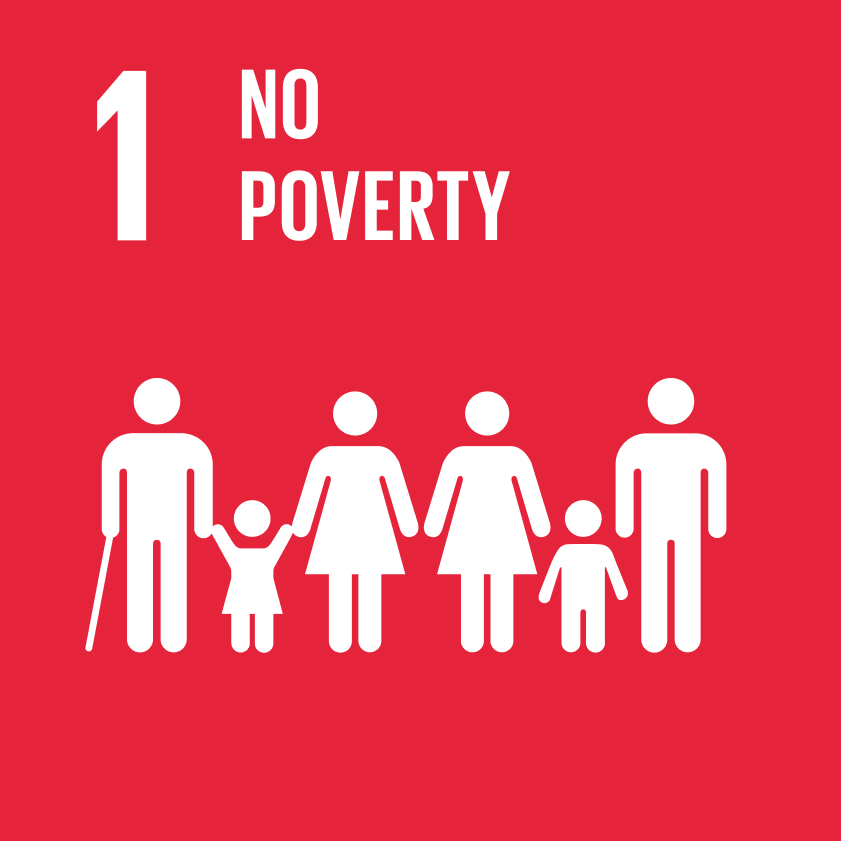
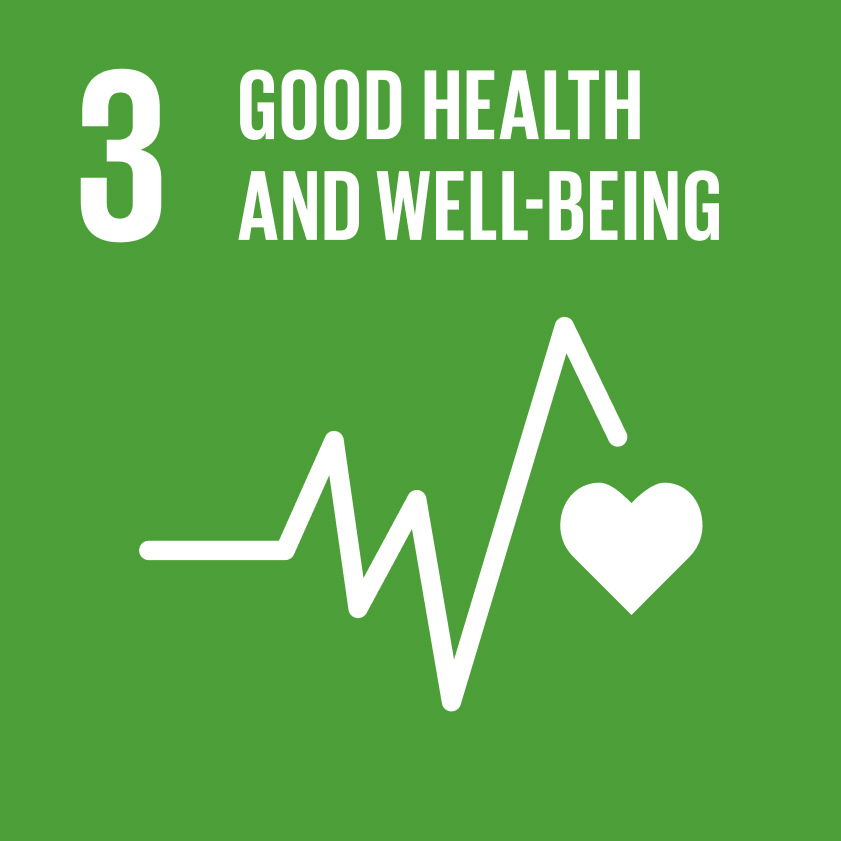
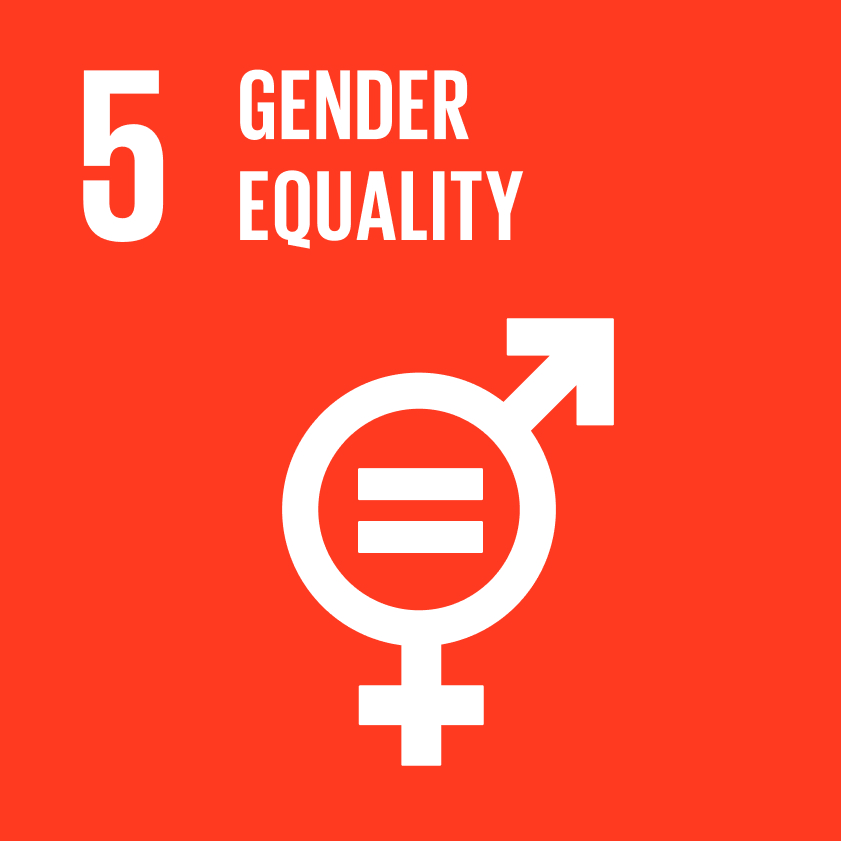
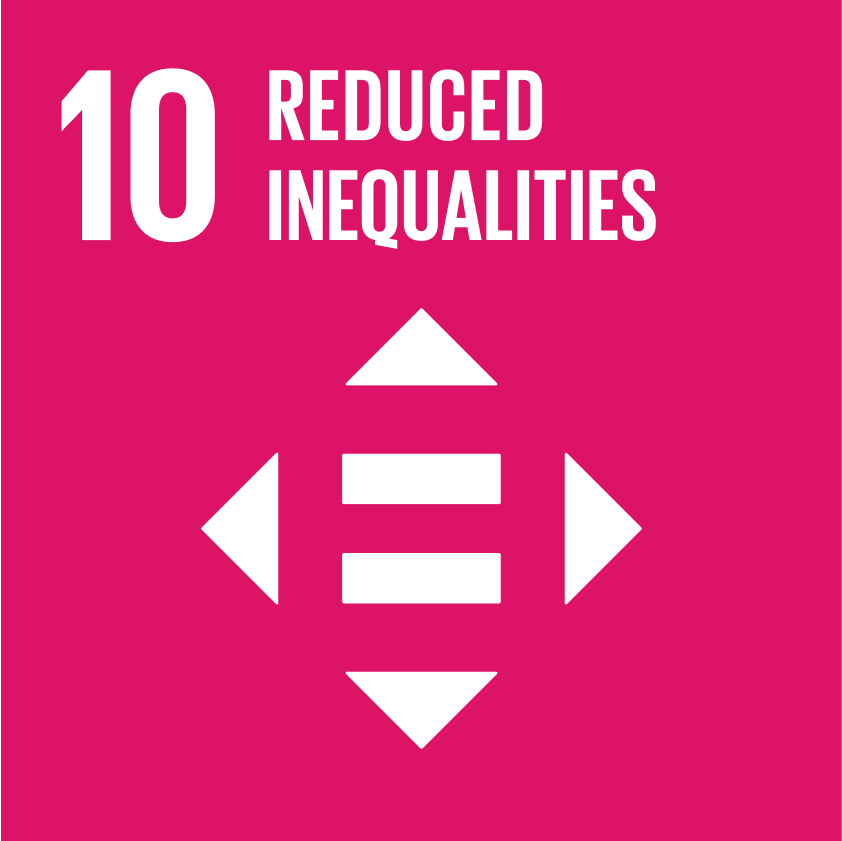
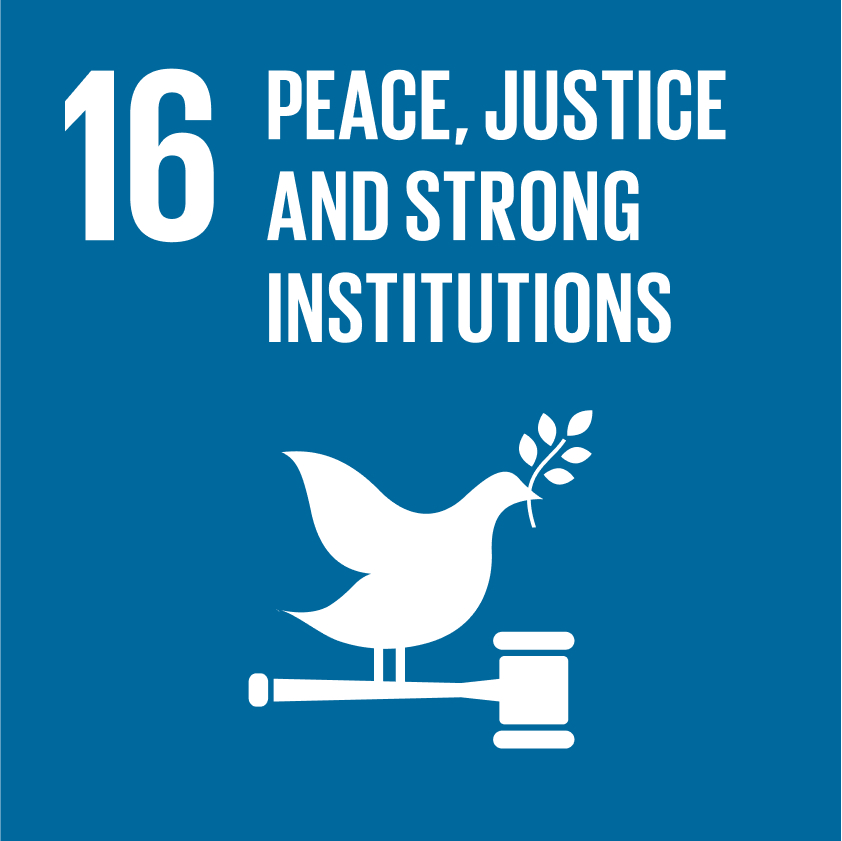
Latest articles from WifOR’s Sustainability Research
-
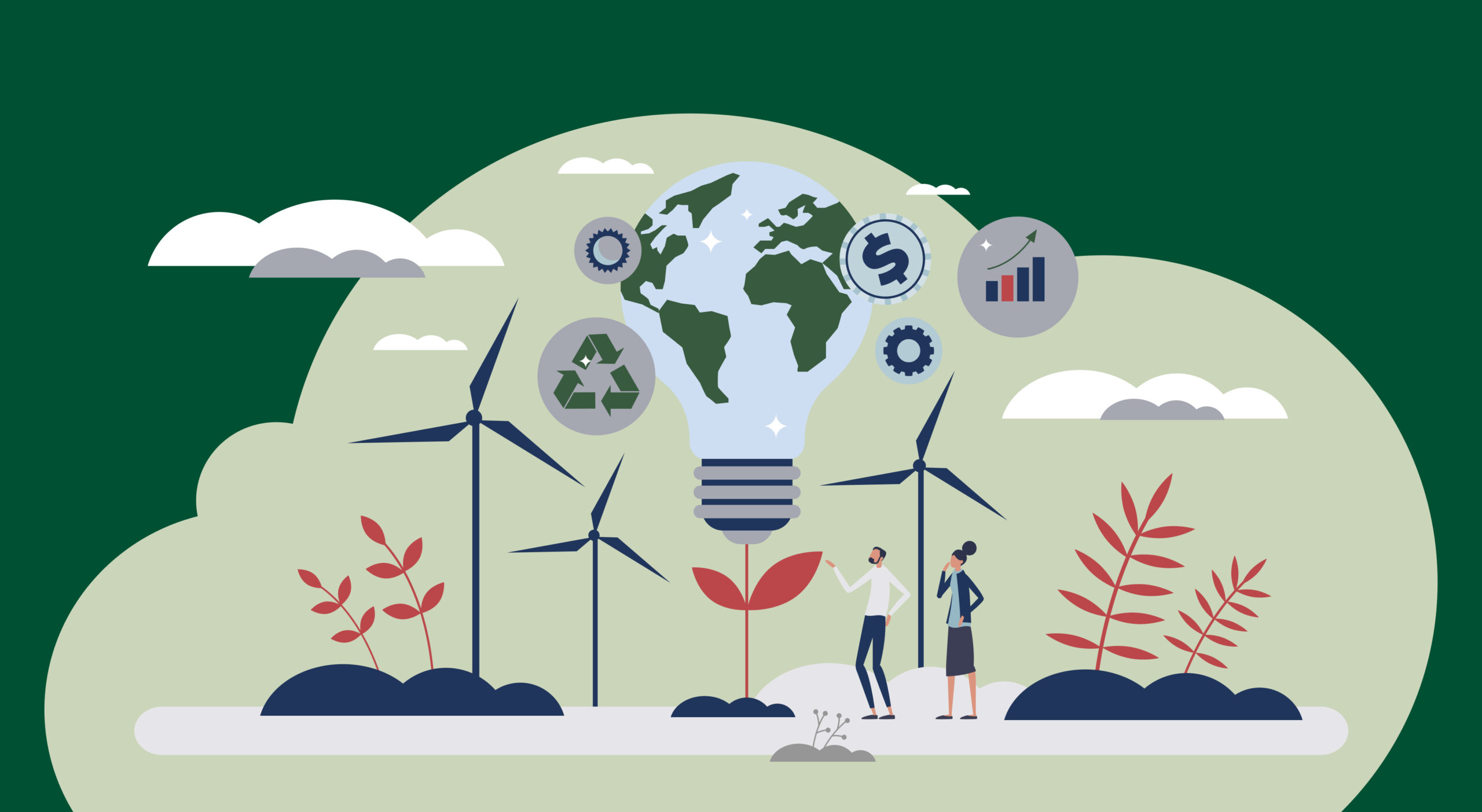
Interview with Dr. Richard Scholz
Using Impact Valuation to act responsibly – along the supply chain
-

A comparison of German and European supply chain laws
New supply chain laws: What do they mean for companies?
-

Nonfinancial Reporting
Net Zero – What does it mean for companies?







